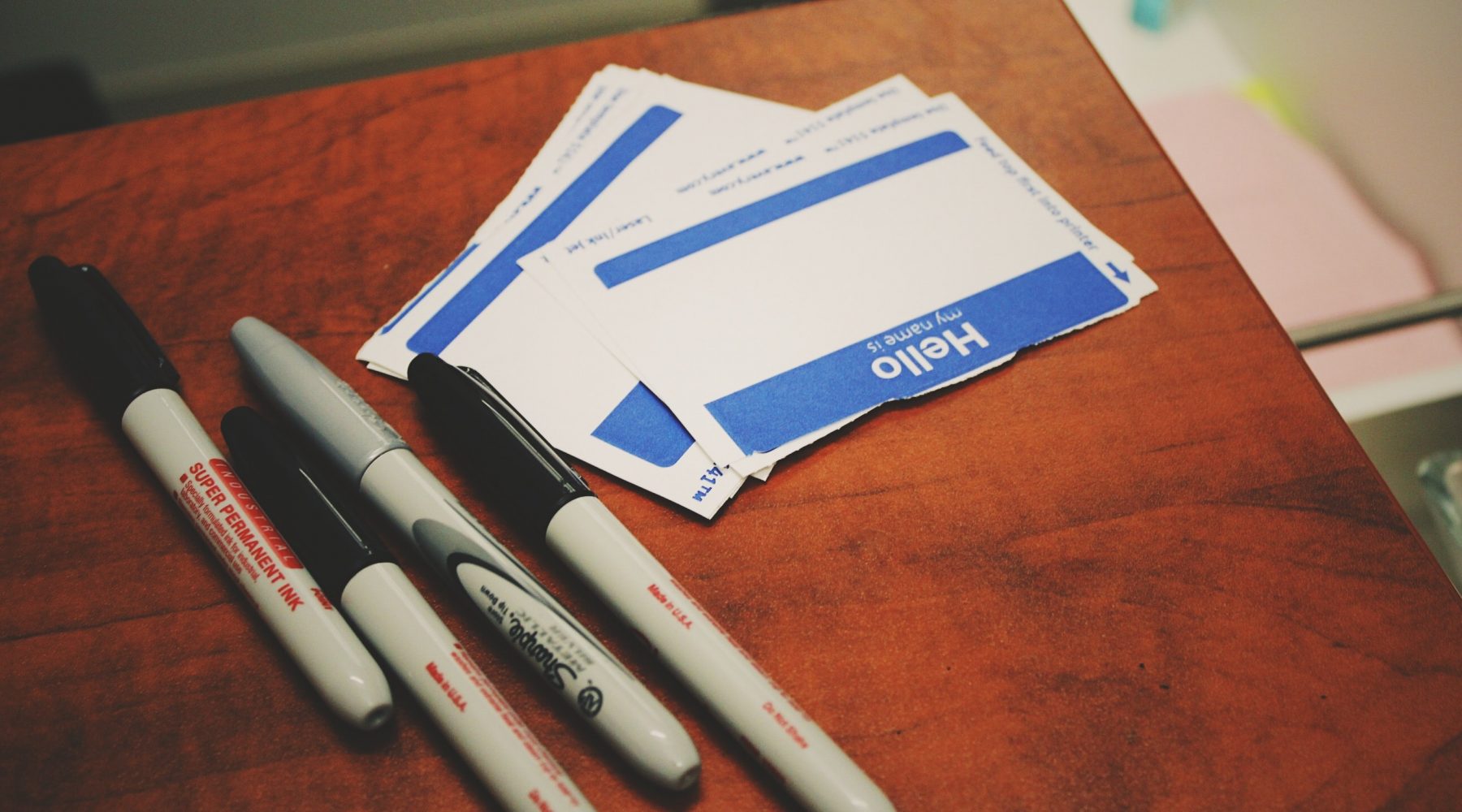A teacher by any other name: exploring professional titles and the value they hold
opinion
The views expressed by contributors are their own and not the view of The Sector.

I spent the month of January in Reggio Emilia, a city located in the Emilia Romagna region in the northern part of Italy. During my visit, the conversations, workshops and early learning centre visits I experienced were shared with me in English by highly skilled interpreters who made great efforts to ensure that visitors understood the complexity and the intent of what is being communicated.
There is a big difference in having something interpreted for you as opposed to translated. Good interpreting can capture the idioms and cultural contexts that word for word translations cannot. This experience caused me to reflect on the importance of language, its nuances and complexities, and how these interact. The simple and complex conclusion I have reached is that words are important, and especially so when it comes to describing the work undertaken in early childhood education and care (ECEC).
In the early learning services in Reggio Emilia the early childhood professionals have different professional titles, such as; Teacher, Atelierista, Pedagogista, Cook and auxiliary staff (people who clean the services, tend the gardens etc.). These professional titles not only describe who staff are but also what they do.
While each staff member contributes to developing high-quality early learning programs, there is a strong recognition that they are all contributing something different. While the Reggio Emilia project embraces a non-hierarchical approach to working with children, this does not mean that qualifications, skills and experiences reduce professional roles to a level playing field. There are different qualifications and as such the professional recognition attached to each of those professional profiles is different.
In our local context we commonly use the word ‘educator’, or ‘early learning professional’ to describe the early learning workforce, and these professional titles are weaved into our regulatory and learning frameworks even though we are a disparate group with varied qualifications and experiences. While these titles might describe who we are, I wonder if they adequately describe what we do?
You might be thinking that this is just a case of semantics, and in part you would be right. Words are being considered here, specifically the words ‘educator’ and ‘teacher’ and what they might individually mean. While I suspect in our context there might be a perception that these two words amount to the same thing, with the difference being qualification levels, I think the real difference between the who and the what are more complicated.
Qualifications, undoubtedly, make a difference. Research has indicated that there is an association between qualifications and improved quality outcomes for children – the more highly qualified the workforce is, the greater the likelihood of higher quality programs.
To be an early childhood teacher is to be someone that has spent a considerable period of time studying and training. A teacher is different and yet it seems that teachers may have, as a colleague recently explained to me, “morphed into educators” with little resistance to this professional title change.
Again, I draw on my experiences with the Reggio Emilia project, which guided my thinking around the idea of ‘what and who is a teacher?’
The idea that competent children only exist if there is a competent teacher is a thread that I caught hold of a long time ago and I am still hanging onto it, yet I struggle at times to adequately explain and differentiate what a teacher is and how they might be different to other professionals working in early learning settings.
I have not completely sorted this difference in my mind yet, but I do know this about what it means to be a teacher.
Teaching is a profession that requires risk taking.
It is a profession that takes a lot of courage, determination and a capacity to reach deep inside yourself.
To be a teacher you have to be a passionate researcher and you must have theories.
Teachers are multilingual. They have a hundred languages.
Teachers are change agents.
On the last day of my stay in Reggio Emilia I decided to ask the Atelierista who was convening the workshop – “what is a teacher”?
She told me the question I had asked was “Una domanda capitale” (a capital question) and replied with a quote from Loris Malaguzzi – “teachers have a profession which means you have to think big”.
Beyond thinking big, and thinking as a profession, and therefore being comfortable remaining sometimes undefined, Peter Moss offers a definition of ‘teacher’ that I lean into often:
“The teacher, then, is a listener, a creator of rich learning environments, a giver of time, a respecter of otherness. But the teacher must also be prepared to challenge, contest and confront children; to question their theories, to offer alternative possibilities, to provoke their thinking” (Moss, 2019, p 78)
As a review of the EYLF looks increasingly more likely, a document from which the word ‘teacher’ is currently absent, a reflection on what we define ourselves as seems timely.
Put even more simply? Words matter.
Popular

Practice
Provider
Quality
Research
Workforce
New activity booklet supports everyday conversations to keep children safe
2025-07-10 09:00:16
by Fiona Alston

Quality
Practice
Provider
Research
Workforce
Honouring the quiet magic of early childhood
2025-07-11 09:15:00
by Fiona Alston

Quality
Practice
Provider
Workforce
Reclaiming Joy: Why connection, curiosity and care still matter in early childhood education
2025-07-09 10:00:07
by Fiona Alston












